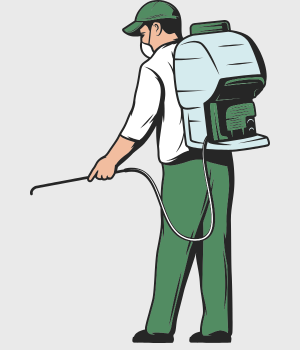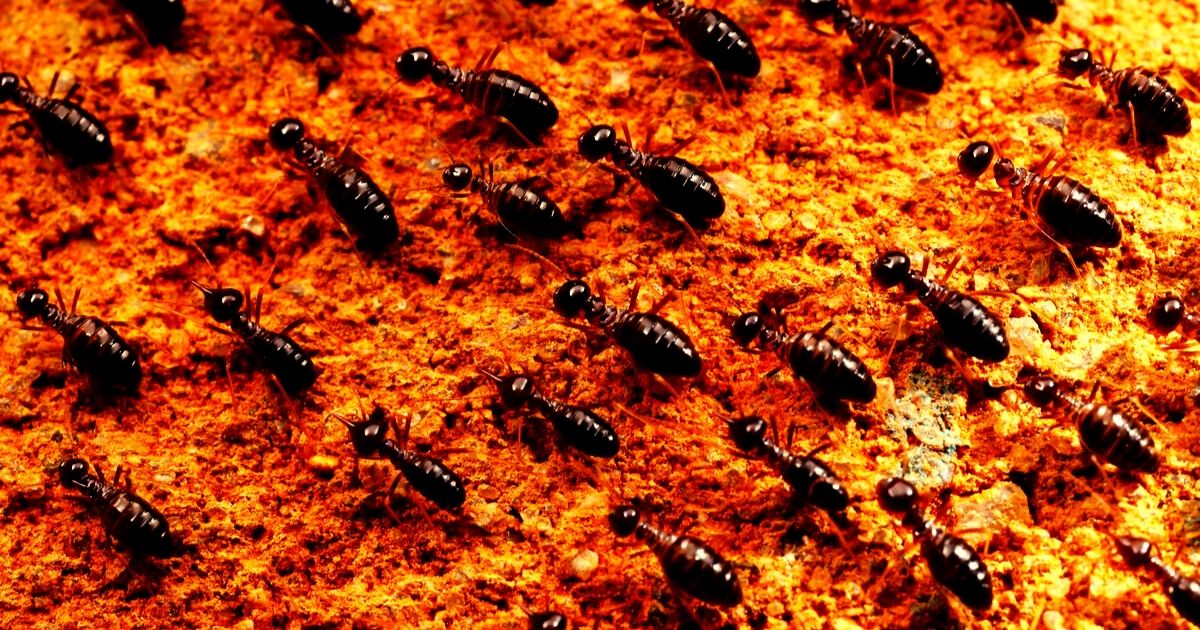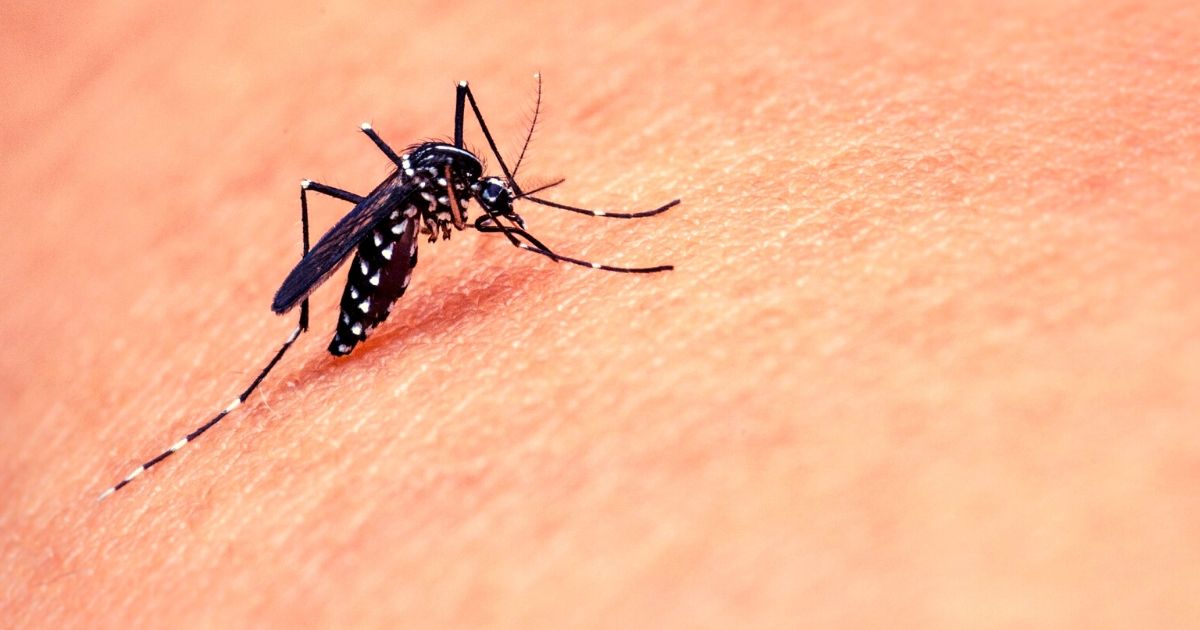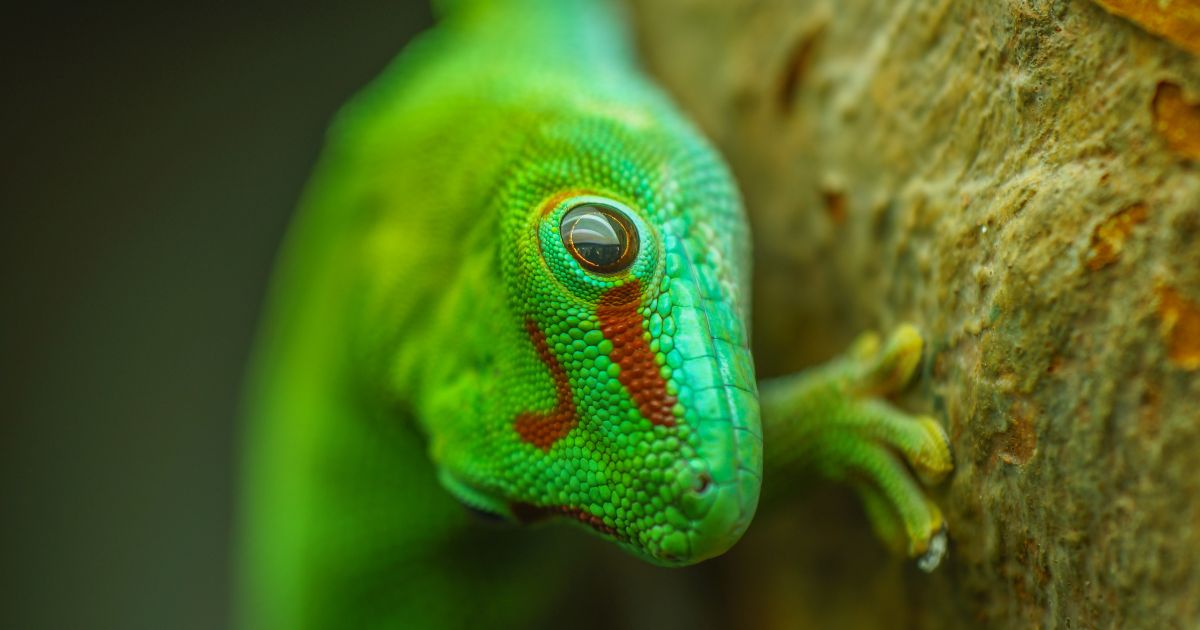The Ultimate Guide to Monkeypox

Monkeypox is one of the orthopoxviruses that can infect people and cause illness. Prior to 2022, monkeypox was rather limited in distribution, occurring in countries in Central Africa and West Africa. The most recent outbreak started in May 2019 with a single monkeypox case detected in Singapore.
The patient had traveled from Nigeria, where monkeypox is actually endemic. Monkeypox in Singapore has since been confirmed in more patients. A total of 15 men in Singapore have been confirmed as monkeypox cases. Read on to learn more about monkeypox.
Where Did Monkeypox Come From?
Monkeypox was first identified in the 1970s in the Democratic Republic of Congo in Africa. The belief is that the virus spread from a mammal to a human at some stage. Monkeypox is, therefore, called a sylvatic zoonosis since the virus has spread from a natural animal host to humans.
Monkeypox can occur in a variety of mammals including rats, shrews, squirrels, hedgehogs, and anteaters. Scientists suspect that the virus was at some stage transmitted from a rodent to a human.

Monkeypox Symptoms
The signs of monkeypox appear anywhere from 7 days up to 21 days after exposure to the virus. Not all the symptoms are present in every infected person. The person stays contagious for up to a month when all the pustules should have scabbed over and fallen off.
The symptoms of monkeypox include the following:
- A rash that occurs on the face, chest, hands, and genitals. The rash consists of vesicles that form blisters. The vesicles can be itchy and also very painful.
- Fever of more than 38°C
- Chills
- Headache
- Swollen lymph nodes
- Muscle pain
- Respiratory signs such as a cough, a sore throat, and a stuffy nose
Complications of Monkeypox
There are some dangerous complications that can occur in people who have monkeypox. These complications are listed below.
- Encephalitis
- Bronchopneumonia
- Corneal infection that can lead to blindness
- Death
Monkeypox can lead to death in anywhere from 1% to 10% of cases depending on the country where the outbreak occurs. The average worldwide death rate for monkeypox is about 3% to 6%. Individuals who have a compromised immune system, infants, and children are especially susceptible to severe illness and complications.

Monkeypox Diagnosis
Diagnosis of monkeypox is usually by blood tests and PCR. PCR is the best way to detect the virus and is better than immunology tests looking for antibodies. The infection is still less common than other rash-producing illnesses so doctors need to eliminate other potential causes of a person’s symptoms before assuming they have monkeypox. Travel history of the person and contact with individuals already diagnosed with monkeypox raises the level of suspicion that the person has the monkeypox infection. Molecular tests such as PCR can confirm the diagnosis, as previously mentioned.
Want to find out how to protect space from Monkeypox in Singapore?

Monkeypox Treatment
Treatment is difficult since monkeypox is caused by a virus, which means antibiotics will not work. Supportive therapy and some antiviral medications can help manage a monkeypox infection. The antiviral tecovirimat has been used to treat some cases of monkeypox.
Supportive therapy includes giving patients fluid and helping them keep their nutrition up. Many people do recover after a few weeks.
There are at least two vaccines that are somewhat helpful against monkeypox and can make symptoms less severe. The Ankara vaccine was developed for monkeypox in 2019 but it is not always easily available.
Pro Tip: The best way to prevent monkeypox is by avoiding close contact with infected areas, people or animals.
How Monkeypox is Transmitted
People can catch monkeypox from eating uncooked bushmeat. A person can also become infected if bitten or scratched by an animal that is infected with monkeypox.
Transmission among people is by close physical contact. The virus spreads by contact with:
- body fluids such as saliva, semen, blood, fluid from blisters, and urine
- the monkeypox skin lesions
- articles of clothing and linen used by the infected person
- respiratory droplets
The virus can also spread from a mother to her fetus. This has resulted in fetal deaths.

Monkeypox Prevention
You can prevent catching monkeypox by following some simple rules outlined below.
- Avoid visiting areas where monkeypox is endemic, or if unavoidable, take extra precautions in those countries.
- Avoid close contact with people currently ill with monkeypox.
- Do not have unprotected sex because this is one way the disease is spread among people.
- Health workers need to use protective equipment and take care to avoid infection when treating people who are sick with monkeypox.

Concerned About Monkeypox? Let Us Help.
We provide fast and effective disinfection solutions to eliminate harmful germs and viruses, ensuring a safe and hygienic environment for your home or business.
Conclusion
Monkeypox is a serious illness that can result in death. The symptoms are similar to many other illnesses meaning that diagnosis may be difficult initially. There are also limited treatment options for monkeypox, which is why your best strategy is to try to prevent becoming infected in the first place.
Frequently Asked Questions
Rodents are thought to be a likely natural reservoir of the monkeypox virus. This means that the virus is quite commonly found infecting rodents.
Rodents can and do transmit monkeypox. In fact, the presence of monkeypox in the western hemisphere has been linked to infected rats that came from Africa. In the United States, a past outbreak occurred when rats imported from Africa infected prairie dogs. People then became infected when coming into contact with the infected prairie dogs.
Since rodents do carry monkeypox, pest control methods can potentially help decrease the chance of getting infected by eliminating rodent pests in the home.
There is not currently a vaccine that is only for monkeypox, however, people who have had the smallpox vaccine may have some protection from monkeypox since the viruses are similar in structure. There is also a vaccine called the modified vaccinia Ankara (MVA) vaccine, which can be used for both smallpox and monkeypox.
Monkeypox has not yet been classified as a pandemic although it is found in more than one country. So far, as of late July 2022, over 9000 cases have been reported from 63 countries.
Though closely related to smallpox, monkeypox is not nearly as contagious. This illness is also not as severe as smallpox.
Monkeypox has an R0 number of about 1.5 to 2.4, varying from place to place. The R0 number indicates how many people a sick person is likely to infect. Unlike measles which had a large R0 number of 12 to 18, monkeypox is not highly contagious.
Scientists recognize two strains of monkeypox: one is a Congo strain, and the other is a West African strain.






